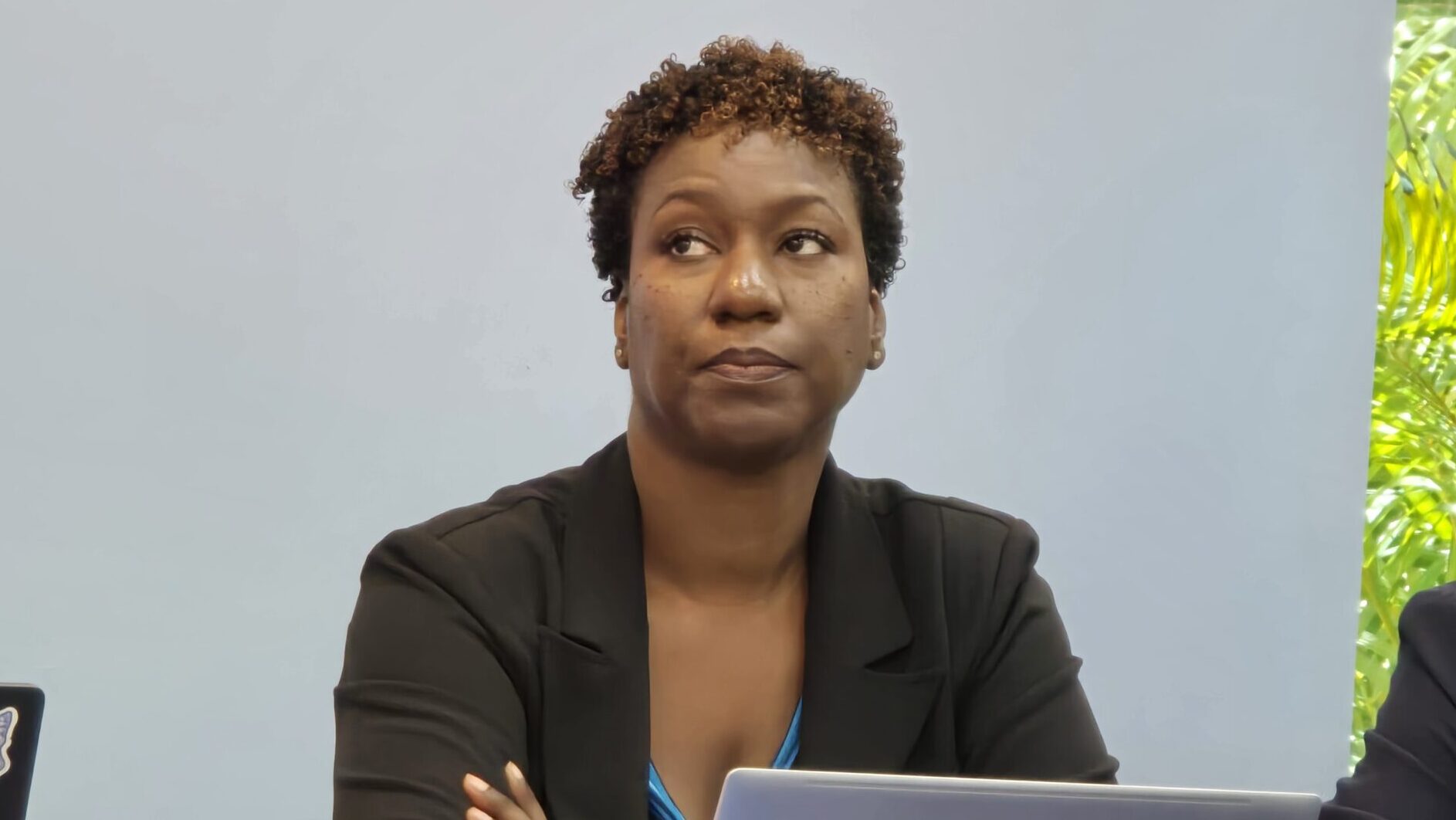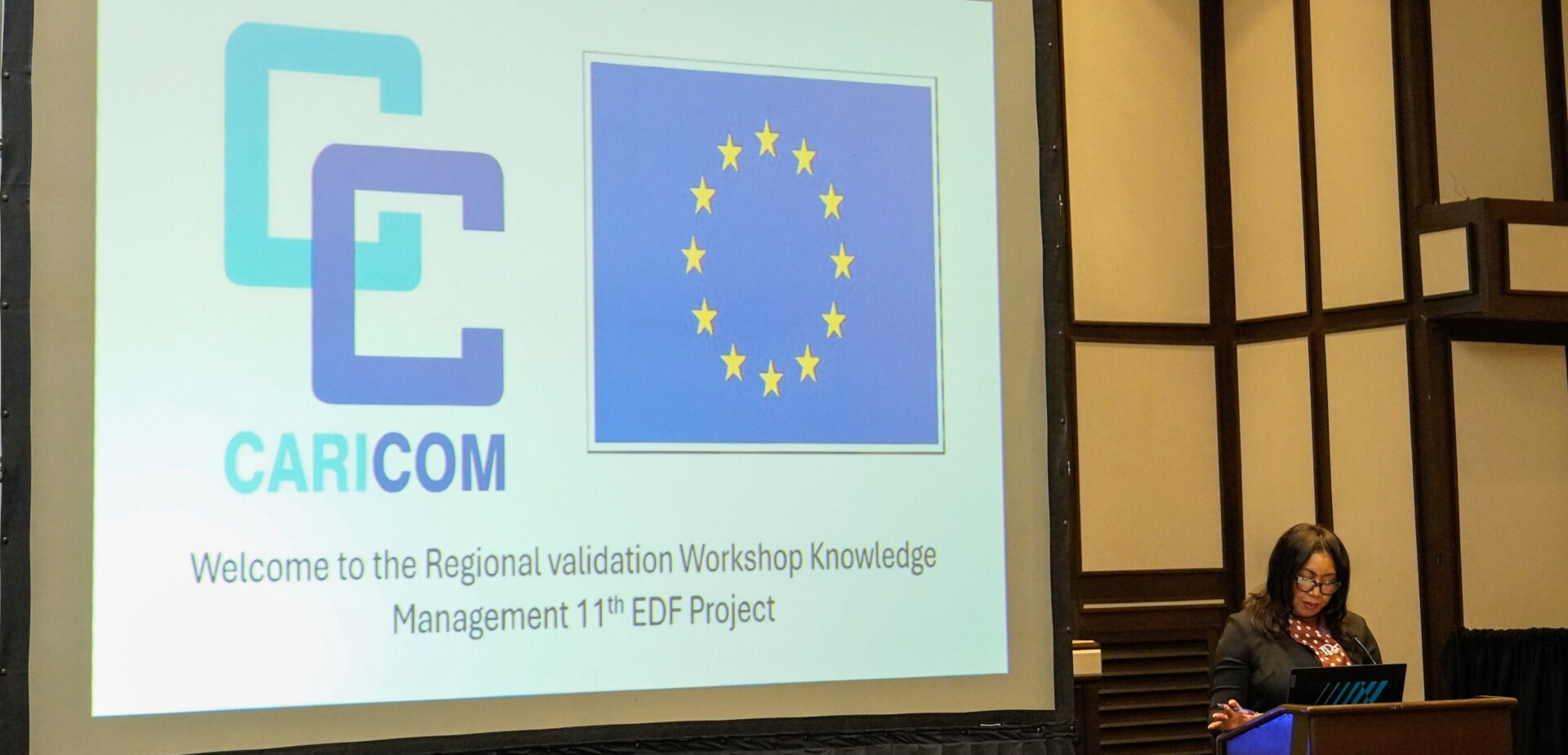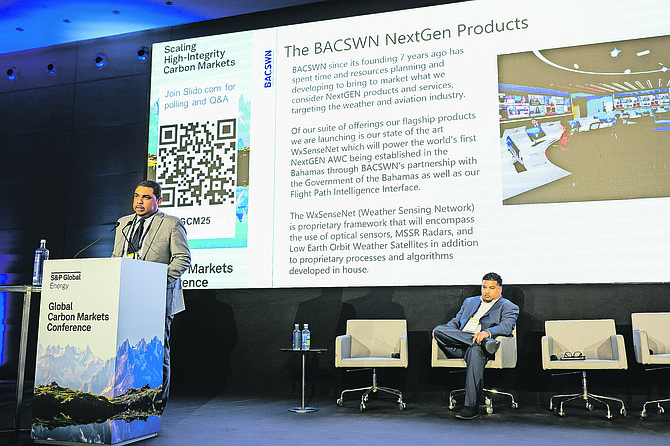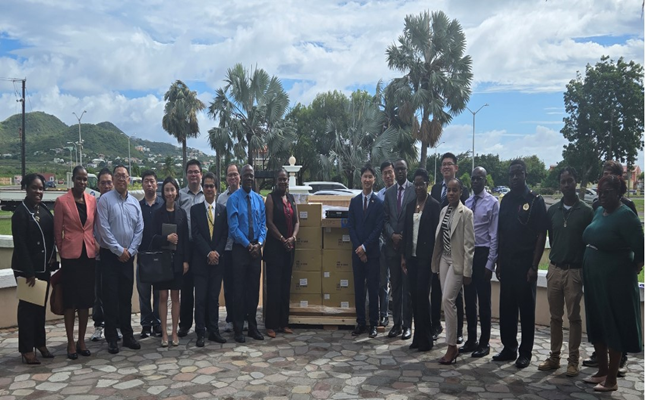Barbados is pioneering a data-driven transformation of its maritime sector to address escalating climate vulnerabilities and trade disruptions. Government officials and statistical experts convened this week for a strategic national workshop focused on integrating artificial intelligence and advanced data analytics into national policy-making frameworks.
The initiative, titled “Evidence-based Climate Action through Artificial Intelligence and Data Innovation for Caribbean SIDS,” represents a significant step in modernizing the island nation’s approach to complex environmental and economic challenges. The two-day conference at UN House brought together stakeholders committed to revolutionizing how Barbados navigates its maritime future.
Janelle Scantlebury-Mounsey, Senior Statistician at the Barbados Statistical Service, emphasized the critical intersection of data science and maritime governance. “Our region confronts intensifying climate vulnerabilities, increasing competition for marine resources, and unprecedented pressures on global supply chains,” she stated. “The growing international interest in Caribbean maritime space makes high-quality statistical intelligence more valuable than ever before.”
The workshop highlighted innovative methodologies combining satellite-derived Automatic Identification System data with traditional information sources. This integration enables real-time vessel tracking and creates new frameworks for measuring greenhouse gas emissions with unprecedented accuracy. Scantlebury-Mounsey stressed that such approaches must adhere to international standards to ensure data integrity throughout its lifecycle.
Participants were urged to embrace three fundamental principles: quality assurance for reliable and timely data, inter-agency collaboration for seamless information sharing, and sustainable investment in statistical infrastructure for future generations. This comprehensive approach positions Barbados to make evidence-based decisions in international negotiations, climate resilience planning, and maritime policy development.
The workshop represents a paradigm shift from assumption-based governance to precision policy-making, potentially establishing Barbados as a leader in data-driven climate adaptation among small island developing states.









